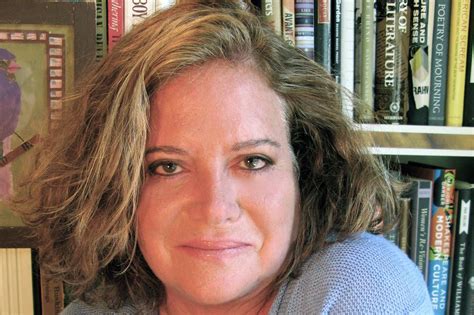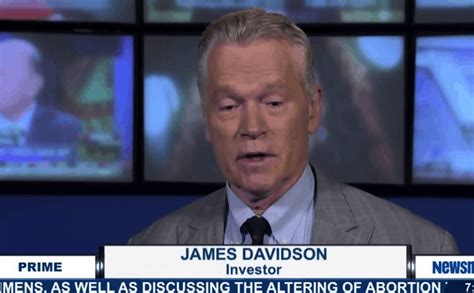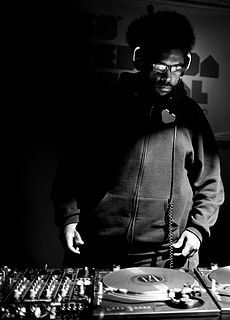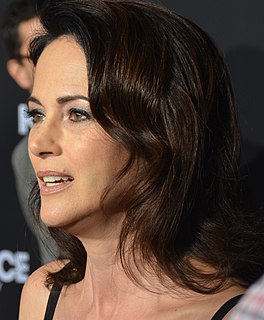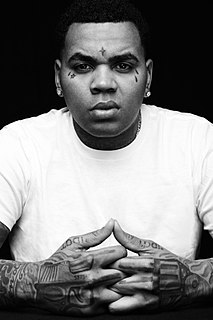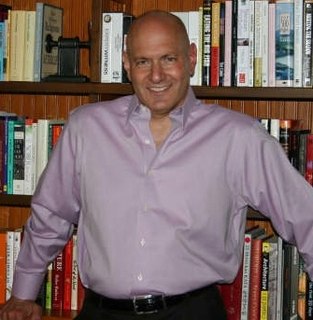Top 1200 People With Depression Quotes & Sayings
Explore popular People With Depression quotes.
Last updated on April 14, 2025.
This story ["The Depressed Person"] was the most painful thing I ever wrote. It's about narcissism, which is a part of depression. The character has traits of myself. I really lost friends while writing on that story, I became ugly and unhappy and just yelled at people. The cruel thing with depression is that it's such a self-centered illness - Dostoevsky shows that pretty good in his "Notes from Underground". The depression is painful, you're sapped/consumed by yourself; the worse the depression, the more you just think about yourself and the stranger and repellent you appear to others.
Depression is a serious problem, but drugs are not the answer. In the long run, psychotherapy is both cheaper and more effective, even for very serious levels of depression. Physical exercise and self-help books based on CBT can also be useful, either alone or in combination with therapy. Reducing social and economic inequality would also reduce the incidence of depression.
In order that people who suffer from depression seek treatment without a second thought, the stigmas must further fall until we reach a point in time when that person with leukemia and that person with depression both receive the same level of sympathy and the same level of rigorous treatment. Both people deserve it.
In my mind, depression is, like all non-communicable diseases, a physiologically expressed condition which is profoundly influenced by our social and cultural environments. Depression is a global crisis not only because it is common and universal, but because the vast majority of affected people suffer in silence or receive inappropriate care.
When people say there is a 'reason' for the depression, they insult the person who suffers, making it seem that those in agony are somehow at fault for not 'cheering up.' The fact is that those who suffer - and those who love them - are no more at fault for depression than a cancer patient is for a tumor.
There are many misconceptions about depression-mostly negative. Unfortunately, because depressed people think negatively about depression and its treatment, they don't get help, which allows the depression to worsen, which leads to more negative thinking, which produces a vicious cycle of suffering.
Well, you know, there's depression and depression. What I mean by depression in my own case is that depression isn't just the blues. It's not just like I have a hangover in the weekend ... the girl didn't show up or something like that. It isn't that. It's not really depression, it's a kind of mental violence which stops you from functioning properly from one moment to the next. You lose something somewhere and suddenly you're gripped by a kind of angst of the heart and of the spirit.
Depression is not caused by a chemical imbalance in the brain, and it is not cured by medication. Depression may not even be an illness at all. Often, it can be a normal reaction to abnormal situations. Poverty, unemployment, and the loss of loved ones can make people depressed, and these social and situational causes of depression cannot be changed by drugs.
Manic depression is a type of depression, technically, and it's the opposite of uni-polar. Manic depression is also called bi-polar disorder. Some people don't like to call it that because they think it makes it sound too nice, when the reality is if you have manic-depression you have manic-depression.
It's very important to me that people know that depression doesn't discriminate. A lot of people look at people who have depression and think that it's not legitimate because they're wealthy or it looks like everything seems to be doing fine. But it doesn't pick and choose. It can affect anybody in the brain, no matter how perfect your life seems.
You have a class of young strong men and women, and they want to give their lives to something. Advertising has these people chasing cars and clothes they don't need. Generations have been working in jobs they hate, just so they can buy what they don't really need. We don't have a great war in our generation, or a great depression, but we do, we have a great war of the spirit. We have a great revolution against the culture. The great depression is our lives. We have a spiritual depression.
The Great Depression was going on, so that the station and the streets teemed with homeless people, just as they do today. The newspapers were full of stories of worker layoffs and farm foreclosures and bank failures, just as they are today. All that has changed, in my opinion, is that, thanks to television, we can hide a Great Depression. We may even be hiding a Third World War.
However much in the foreground depression feels, you are separate to it. This is going to sound cheesy, but I'd say you are the sky. A cloud comes and dominates the sky. But the sky is still the sky. Depression tells you everything is going to get worse, but that's a symptom. Don't give depression power - constantly discredit it.
There is enormous shame around depression of any kind and at any time. And there's enormous social stigma attached to it, which we need to go on fighting. But I think that the sense of depression during pregnancy and early motherhood has been particularly stigmatized, that people especially feel that should be the happiest time of your life.
In the large sense the primary cause of the Great Depression was the war of 1914-1918. Without the war there would have been no depression of such dimensions. There might have been a normal cyclical recession; but, with the usual timing, even that readjustment probably would not have taken place at that particular period, nor would it have been a "Great Depression.
Because depression is so thematically powerful and so dark, when it's very severe, it can make people feel not only as if they've lost a loving connection, but as if the whole world is devoid of love. So if we wonder how somebody could take 149 people with him when he commits suicide, one answer can be that depression, when it's most severe, can make people feel that life is completely without value, not just for them but for anyone.





